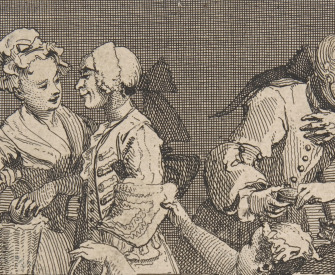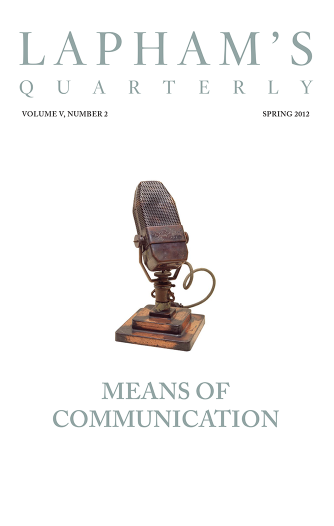Nearly every sentence uttered in public by the Federal Reserve chairman, Alan Greenspan, is parsed, as soon as it leaves his lips, for clues to the direction of interest rates. On Thursday morning, those who track monetary policy will be listening particularly intently when Mr. Greenspan outlines his views on the economy to a congressional committee.
Never mind that Mr. Greenspan’s statements can be so elliptical as to obscure the Fed’s intentions. With the economy running at a surprisingly strong clip, the markets increasingly jumpy, and unemployment so low that employers might have to push up wages, analysts will be searching for any signal that the Fed will raise rates this summer to avert a possible surge in inflation.
It is a ritualized process that Mr. Greenspan knows well after nearly nine years as head of the central bank, and one he manages with great care. In this case he will sit, patiently professorial, before a group of deferential if occasionally befuddled senators who will do their best to follow his dense analysis and tortured syntax. Consider this, from Mr. Greenspan’s appearance before the Senate Banking Committee in February:
And I think where the confusion arises is the fact that you cannot view monetary policy as a sort of simple issue of, if the most probable outcome is coming out of this soft patch into moderate growth with low inflation, which I think is the most probable outcome, that is not the same statement as saying that you therefore, in the process of implementing monetary policy or formulating it, I should say, completely disregard what the upsides and downsides of a potential outcome may be.
Still, journalists will bark his key phrases into mobile phones. Wall Street traders will follow his testimony live on television and computer screens. A single word from him, even an inflection, can send the financial markets stampeding. But there is much more to Mr. Greenspan’s relationship with the markets than verbal artistry. For just as he can roil or calm investors with a few syllables, the markets can make Mr. Greenspan’s job considerably harder or easier.
Some economists go so far as to describe Mr. Greenspan as a financial Wizard of Oz—seemingly all-powerful but in reality dependent on nothing more than his subjects’ willingness to believe in him. To a large degree they remain more or less in step with him because they share his goal: a stable, low-inflation environment. Yet even with his strong inflation-fighting record, Mr. Greenspan cannot take the markets for granted. He generally tries in his cryptic way to warn the markets during his public statements of any impending change in policy, yet he clearly likes to keep his options open to deal with rapid changes in the economy—all of which is one reason he appears so equivocal.
© New York Times. Used with permission of the New York Times.
From “Greenspan, the Oracle; An Economy Waits for the Magic Words.” Having played jazz saxophone and clarinet in the Henry Jerome band, received the sobriquet “the undertaker” from Ayn Rand, and joined a private economic-consulting firm in the mid-1950s, Greenspan entered public service as the chairman of the Council of Economic Advisers in 1974. His chairmanship of the Federal Reserve Board began in 1987 and continued until 2006, spanning the terms of four presidents.
Back to Issue



